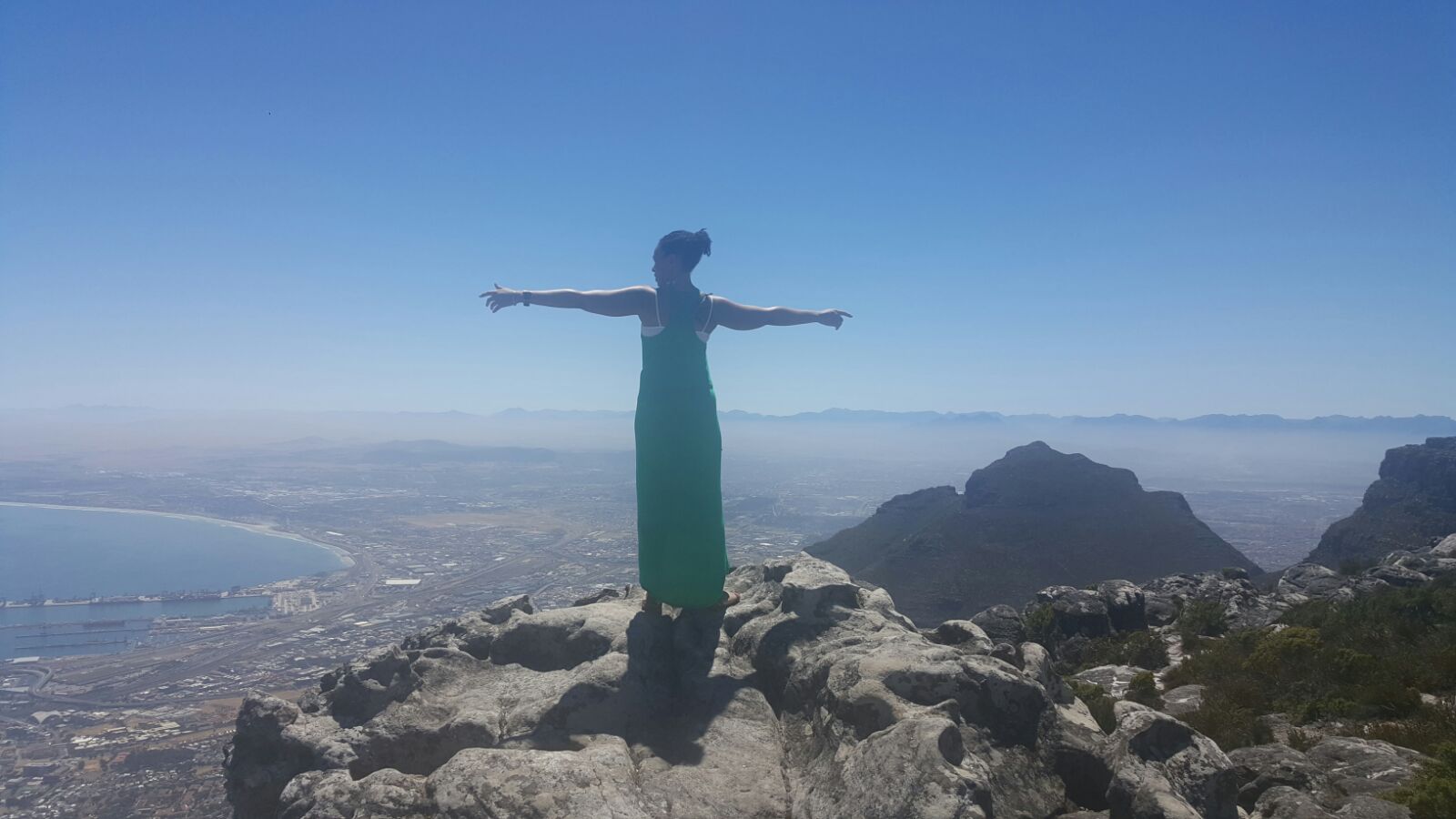
One of my favorite parts of traveling is sampling the local cuisine and I often collect spices, recipes or cookbooks in order to re-create the meals at home. Over the past year I’ve spent quite a bit of time working in Norway, Maine. Though not what you’d call a food destination, the community there prides itself on supporting local farmers in both in their homes and in the local restaurants. I enjoy shopping at the neighborhood co-op, but even the commercial grocery store displays a wide variety of local items. I was fortunately in town this year for the annual food festival held in August. The festival showcased fresh produce, food trucks with Maine classics and information on food waste as well as how to support the vendors in the future. As a bonus, it was headlined by Carolyn Costanzi and the Cobblestones, (you may remember her from an earlier post, Ob/Gyn by day, Rockstar by night). Because my travel to Kenya would affect my assignment there, she knew I would be spending 6 months in East Africa. She said, “you should meet my neighbor, he’s from Kenya. I’ll have party, invite everyone over.” Who says no to that! True to her word, Carolyn hosted several of us for dinner, complete with Western Maine grown fruits and vegetables, regional sausages and homemade ice cream.
In turn, Dexter and his wife Jenna, invited us over for to try a few traditional Kenyan dishes. Jenna, originally from Massachusetts, was volunteering in Kenya, when the couple met. They relocated to the states where Dexter completed his dentistry training on the east coast and have now settled in Norway with their three children. They each shared their personal experiences, and though they had not been to Mutomo, (or heard of it even) they described generally what my expectations should be of the country. One of the most important of those…food! They prepared a meal of goat, ugali and kachumbari. We also had chai (or tea, made with milk and sugar). I greatly enjoyed the meal and truly appreciated their efforts to help me prepare for a smooth transition.
A frequent question when I first arrived was, “you know ugali?” Thanks to them, I could respond in the affirmative. “Yes, yes I do.” And, Kenyans love their ugali. It’s a staple dish, made from maize meal and often served shaped in a mound or ball, ugali can be served with all meals. Usually the question asked when ordering a meal is, “What would you like with your ugali?” Up for a challenge, I even attempted to make my own ugali last weekend, which requires patience and forearm fortitude. The maize mixture is poured into boiling hot water and stirred frequently with a wooden spoon until you achieve the correct consistency. A restaurant (and I’m sure a home) will be judged by the consistency of your ugali. I would describe it as somewhere between polenta and cornbread. It’s soft, but firm enough to be cut with a fork or knife. Mine is a work in progress, but I think it turned out well for my first try!
In Mutomo, I take most of my meals in the canteen which serves as the hospital cafeteria. Ran by a local restaurateur, Nameless Café II, has a standard Kenyan menu. For breakfast, I have an Andazi and chai. An andazi reminds me of a beignet without the powdered sugar. Only slightly sweet, it less rich than an American doughnut, but sweeter than bread. A typical afternoon or evening meal will consist of nyama choma, cabbage, ugali or chapati. Nyama choma refers to grilled or roasted meat that can be served in sauce. Chapati is a wheat flour flatbread, which I would describe as a cross between naan and a tortilla. Now a favorite side dish of mine is kachumbari. Light and refreshing, it’s a tomato and onion salad, that may include avocado when in season. It’s most similar to pico de gallo and at times includes hot peppers as well.
When I expressed concern about whether I would enjoy the food here, Dexter and Jenna reassured me that Kenyan food is very flavorful and filling. And they are indeed correct!





































